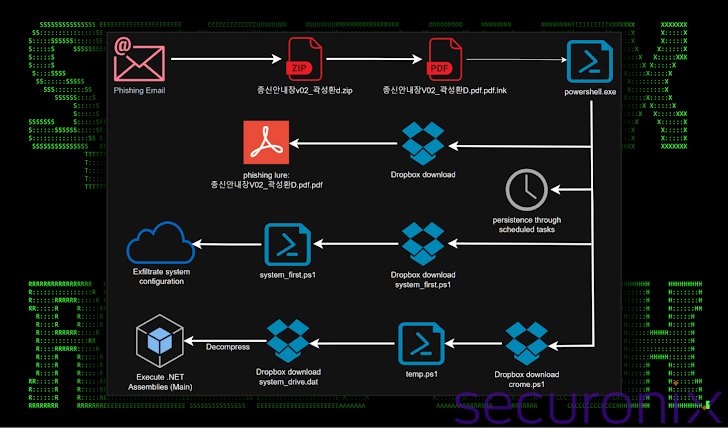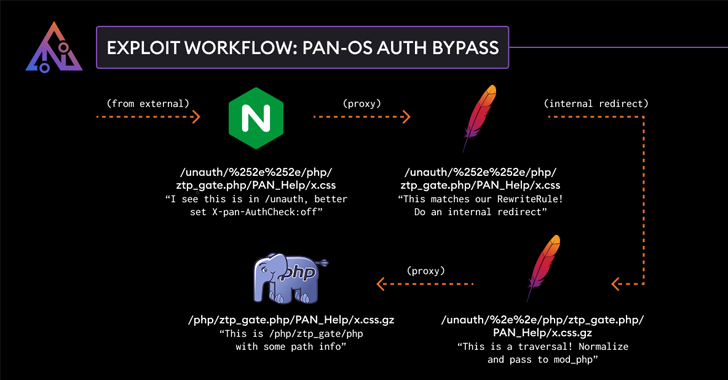-

AI-Powered Social Engineering: Ancillary Tools and Techniques
Social engineering is advancing fast, at the speed of generative AI. This is offering bad actors multiple new tools and techniques for researching, scoping, and exploiting organizations. In a recent communication, the FBI pointed out: ‘As technology continues to evolve, so do cybercriminals’ tactics.’ This article explores some of the impacts of this GenAI-fueled acceleration.…
-

The green building boom leads energy efficiency in the Pacific Northwest
The Pacific Northwest is setting the standard for energy conservation, spearheading the push toward a sustainable future through innovative green building infrastructure. With a powerful blend of forward-thinking eco-policies and the expertise of skilled electrical professionals, the region is not only reducing its carbon footprint but also shaping the future of energy-efficient construction. In 2013,…
-

PostgreSQL Vulnerability Exploited Alongside BeyondTrust Zero-Day in Targeted Attacks
Threat actors who were behind the exploitation of a zero-day vulnerability in BeyondTrust Privileged Remote Access (PRA) and Remote Support (RS) products in December 2024 likely also exploited a previously unknown SQL injection flaw in PostgreSQL, according to findings from Rapid7. The vulnerability, tracked as CVE-2025-1094 (CVSS score: 8.1), affects the PostgreSQL interactive tool psql.…
-

Damian Lillard launches Portland State scholarship program for Bay Area high schoolers
A popular former Portland Trail Blazer has launched a scholarship program that could support 10 students should they attend Portland State University next fall. Damian Lillard and PSU revealed the Damian Lillard Scholars program, which will back Oakland-area students who enroll at the Portland college. Lillard, the Blazers all-time leading scorer who was named one…
-

Bob’s Red Mill cafe and store was a space for community
Bob’s Red Mill cafe and store holds a special place in Milwaukie and locals’ hearts.
-

Smoke-damaged wine has its fans, study finds
Oregon State University and New Zealand researchers see new market opportunity for wineries dealing with smoke-damaged grapes and wines.
-

Hackers Use CAPTCHA Trick on Webflow CDN PDFs to Bypass Security Scanners
A widespread phishing campaign has been observed leveraging bogus PDF documents hosted on the Webflow content delivery network (CDN) with an aim to steal credit card information and commit financial fraud. “The attacker targets victims searching for documents on search engines, resulting in access to malicious PDF that contains a CAPTCHA image embedded with a…
-

North Korean APT43 Uses PowerShell and Dropbox in Targeted South Korea Cyberattacks
A nation-state threat actor with ties to North Korea has been linked to an ongoing campaign targeting South Korean business, government, and cryptocurrency sectors. The attack campaign, dubbed DEEP#DRIVE by Securonix, has been attributed to a hacking group known as Kimsuky, which is also tracked under the names APT43, Black Banshee, Emerald Sleet, Sparkling Pisces,…
-

Fast Deployments, Secure Code: Watch this Learn to Sync Dev and Sec Teams
Ever felt like your team is stuck in a constant battle? Developers rush to add new features, while security folks worry about vulnerabilities. What if you could bring both sides together without sacrificing one for the other? We invite you to our upcoming webinar, “Opening the Fast Lane for Secure Deployments.” This isn’t another tech…
-

Palo Alto Networks Patches Authentication Bypass Exploit in PAN-OS Software
Palo Alto Networks has addressed a high-severity security flaw in its PAN-OS software that could result in an authentication bypass. The vulnerability, tracked as CVE-2025-0108, carries a CVSS score of 7.8 out of 10.0. The score, however, drops to 5.1 if access to the management interface is restricted to a jump box. “An authentication bypass…

